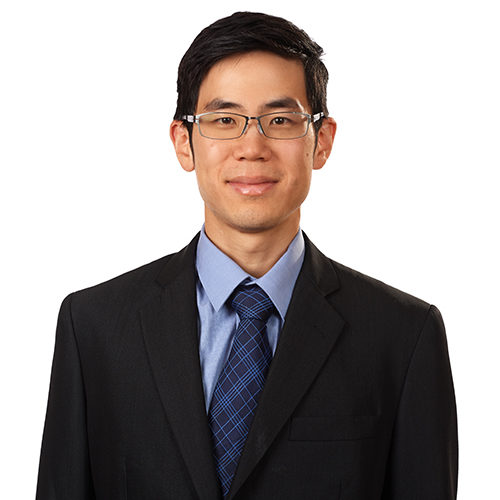
-
Takachar
-
Co-Founded with Vidyut Mohan
-
2019 Climate Fellow
bold idea
Reduce air pollution associated with crop-residue burning, and increase profits for farmers by developing small-scale equipment that can convert residues to valuable chemicals on-site.
organization overview
Takachar is dramatically increasing the amount of crop/forest residues that are transformed into marketable products around the world. By deploying small-scale, portable biomass upgrading equipment, Takachar enables rural farmers to earn supplemental income by converting their crop residues into value-added chemicals like activated carbon (AC) on-site. By reducing the air pollution associated with crop residue burning, and by making renewable, biomass-based AC more price-competitive than fossil-based AC, the equivalent of up to 100 million tons of carbon dioxide can be mitigated each year.
Personal Bio
Kevin Kung is the co-founder and CTO of Takachar. From 2012 to 2017, Kevin built Takachar’s core technology as part of his Ph.D. research in the field of biofuels and renewable energy at the Massachusetts Institute of Technology, where through the support of the Tata Trusts, he traveled to India extensively and designed the technology to meet specific local needs. Prior to that, Kevin had six years of experience conducting engineering design in resource-constrained settings, including borehole restoration in Uganda, interlocking stabilized construction materials in Ghana, and renewable energy systems in Kenya and India. In 2015, Kevin co-founded a company (Safi Organics) in Kenya that produces carbon-negative, high-yield fertilizer from crop residues, improving farmers’ harvest yields by 30 percent. He helped grow the company to 10 full-time employees, 2,500 customers, and as of 2019, financial breakeven. Kevin is a 2019 Echoing Green Fellow.
-
Organization/Fellow Location ?
Our most recent information as to where the Fellow primarily resides.
-
Impact Location ?
Countries or continents that were the primary focus of this Fellow’s work at the time of their Fellowship.
-
Organization Structure ?
An organization can be structured as a nonprofit, for-profit, or hybrid (a structure that incorporates both nonprofit and for-profit elements).
- Visit website